Description
Details
Plant/Part: Flower TopsLatin Name: Hyssopus officinalisFamily:LabiataeExtraction: DistillationAROMA:A rather sweet and strongly herbal fragrance.PROPERTIES: Helps to fluidify the catarrh so that it can be expelled more easily. It also has a tonic and stimulant effect on the respiratory system and the heart.
CHEMICAL CONSTITUENTS: pinocamphene (a cetone) with pinene and traces of geraniol, borneol, thujone (another cetone) and phellandrene
PRECAUTIONS: Essential oil of Hyssop should be used cautiously. Although not classified as a hazardous oil, there are many circumstances in which it should not be used: Epilepsy, High blood pressure and pregnancy etc. There are many doubts about the safety of Hyssop, so it should only be used where other oils have failed to work.
BLENDS: Basil and Thyme
Essential oil of Hyssop should be used cautiously. Although not strictly classified as one of the HAZARDOUS OILS, there are many circumstances in which it should not be used. However, it does have some valuable therapeutic applications, so with these cautions in mind it may be considered in some situations.
The plant (Hyssopus officinalis) is a member of the Labiatae family, and a native of the Mediterranean which grows to two or three feet in height, with spikes of flowers that may be blue, mauve, white or pink. The flowering tops are used to distill the essential oil, which is yellowish in colour, with a spicy aromatic scent a little like Thyme and Basil. The active constituents include a high proportion of pinocamphene (a cetone) with pinene and traces of geraniol, borneol, thujone (another cetone) and phellandrene. It is the high cetone content which makes this a ‘borderline’ oil in terms of toxicity.
The earliest medical writers praise Hyssop and many of the renaissance herbalists list a multitude of uses, but we must remember that they are referring to the plant itself, and not to the essential oil in which all the chemical compounds are so highly concentrated.
Hyssop was regarded by both the Greeks and the Hebrews as a sacred herb, and is mentioned several times in the Old Testament. It was used to clean out temples and sacred places, quite literally by using bundles of the herb as a broom. Later, it was a popular strewing herb, and these two uses might lead us to consider burning or vapourising a little Hyssop to disinfect rooms and protect from infection.
Among the most valuable applications of Hyssop is in chest infections, especially where there is thick mucus. Hyssop helps to fluidify the CATARRH so that it can be expelled more easily. It also has a tonic and stimulant effect on the respiratory system and the heart. It can be used to make a gargle for sore throats and loss of voice, and in inhalations for COUGHS and sore throats, either blended or in alternation with the other oils that have been suggested for these uses. Another use is for bruises: it should be applied in a cold compress as soon as possible after the bruising has occurred. Hot compresses, on the other hand, are helpful for rheumatism.
Hyssop is recommended by some authorities for treating cuts, burns, grazes and such skin conditions as DERMATITIS and ECZEMA, but there are so many other excellent oils for these purposes that present none of the risks associated with Hyssop. It is a cephalic oil, which seems to have a clearing effect on the mind. It is also used in perfumery and cooking, and is an ingredient of Chartreuse liqueur.
This oil must never be used for anybody who suffers from epilepsy, as it may trigger an attack. It should also be avoided in pregnancy and by people with high blood pressure.

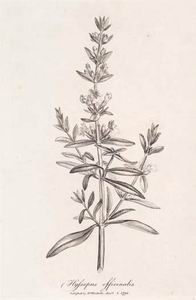
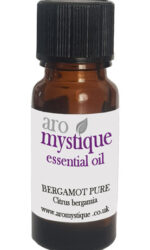
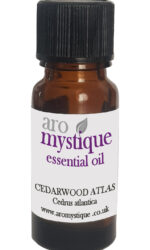
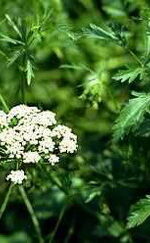
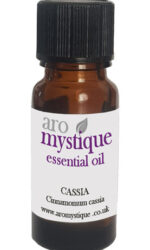
Reviews
There are no reviews yet.